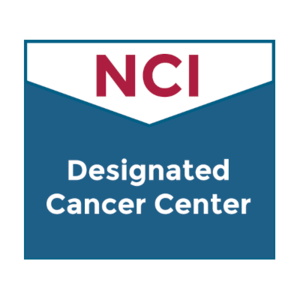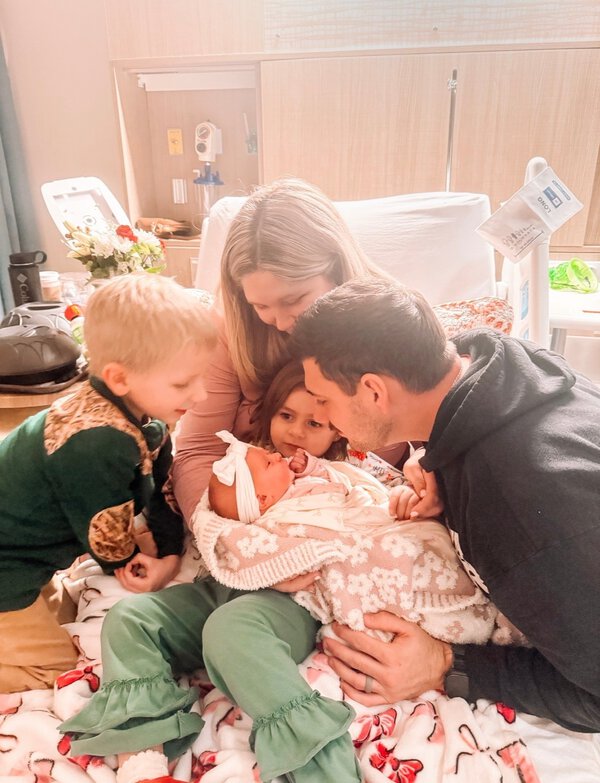Patient Care
Patient CareResearch
Research- Cancer Biology & Immunology arrow_forward
- Cancer Prevention & Control arrow_forward
- Developmental Cancer Therapeutics arrow_forward
- Research Programs arrow_forward
- Find a Researcher arrow_forward
- Clinical Trials arrow_forward
- Shared Resources arrow_forward
- For Hollings Members arrow_forward
- Survivorship arrow_forward
- Transdisciplinary Cancer Teams arrow_forward
- Research News arrow_forward
- Lecture Series arrow_forward
- Research Labs arrow_forward
Who We Are
Who We Are- Leadership arrow_forward
- News & Events arrow_forward
- Giving arrow_forward
- Awards & Accreditations arrow_forward
- New Cancer Hospital arrow_forward
- Patient Stories arrow_forward
- Hollings Horizons arrow_forward
- Economic Impact arrow_forward
- Media Relations arrow_forward
- Subscribe arrow_forward
- Careers arrow_forward
- Contact Us arrow_forward
- Event Request arrow_forward
- Hollings History arrow_forward











